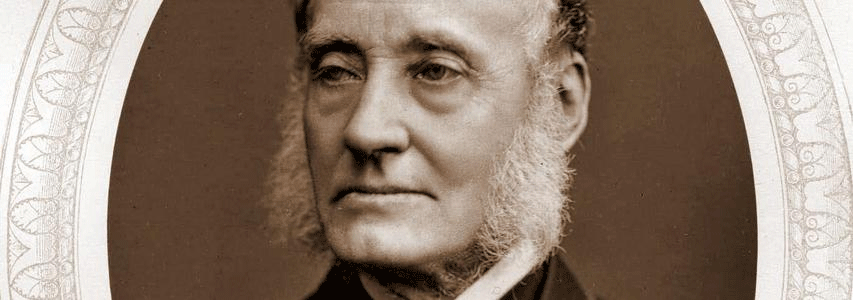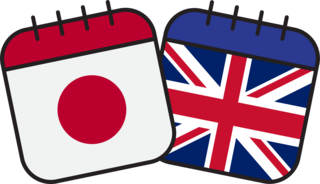
‘Abandon all hope, you who enter’ - Sir Rutherford Alcock and Japan (1859 – 1865)
- 19 September 2022
- 7.00pm (GMT)
- The Swedenborg Society, 20-21 Bloomsbury Way (Hall entrance on Barter St), London WC1A 2TH
- https://www.japansociety.org.uk/event?event=409&eventcat=5
- 020 3075 1996
- events@japansociety.org.uk
- Tweet
Very few scaled the heights to reach the level of Minister to Japan or especially Minister to China – the most important British official east of India. This means that Alcock’s story would inevitably have been out-of-the-ordinary, but there were things about him that made it more than that.
In that he was a middle-class boy who rose so far, he was remarkable for his time, but not unique. Where he was really different was in the way he did it, resisting almost every position he gained, and the higher the position, the more he resisted taking it. So his was a very haphazard progress, in which he moved forward by zig-zag movements instead of in a straight line.
He started his professional life as a medical man, working as a battlefield surgeon to British battalions fighting in civil wars in Portugal and Spain in the 1830s. Problems with his hands led to his giving up that career and he entered the consular service, being among the first batch of consuls to take up positions in China following the 1842 Treaty of Nanjing. His promotion to Japan as first British Minister was deeply unwelcome to him and his time there was undeniably frustrating, although there were significant achievements: establishing a Legation in Edo (Tokyo), defeating the leading anti-foreign domain, getting a decent trade started and introducing Japan’s arts and crafts to the west, all against the background of violence and widespread anti-foreign hostility.
His career in Japan ended with a recall – the preliminary to being dismissed – but he turned things around and was promoted to Beijing, after which he had a long and highly productive retirement.
This talk will tell the story of this contrary, lucky, talented man, focusing on his time in Japan while giving an overview of the rest of his life and career.
Dr Robert Morton is a professor at Chuo University in Tokyo. His main academic interests are life writing and Britons who lived in Japan during the bakumatsu and Meiji eras (and to a lesser extent, in China). His publications include A.B. Mitford and the Birth of Japan as a Modern State (Folkestone: Renaissance, 2017) which won the 5th Annual Kokkiken Study Award and A Life of Sir Harry Parkes: British Minister to Japan, China and Korea, 1865-1885 (Folkestone: Renaissance, 2021). He is completing a life of Sir Rutherford Alcock, the first British Minister to Japan (1859-1865), as well as researching a book on the life and work of Josiah Conder, which he is writing with the architectural historian Neil Jackson.
If you have any questions, please call the Japan Society office on 020 3075 1996 or email events@japansociety.org.uk.
Booking Info
- You should receive an automated email from the Japan Society to let you know that your booking request has been registered. Please note that your booking is pending while we check your details and you will receive a further email once your booking is confirmed.
- If you don't receive any confirmation emails, please check your spam folder or email events@japansociety.org.uk.
